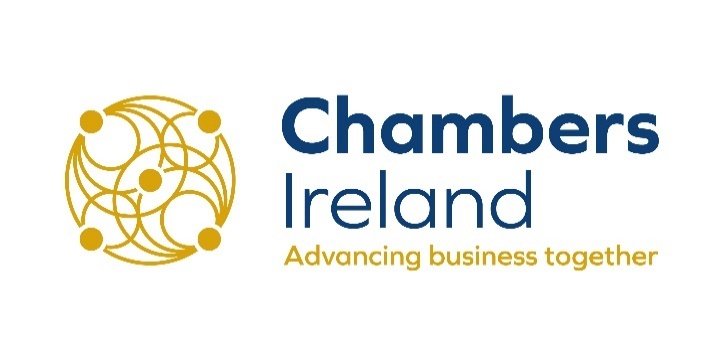
In line with the Government’s path ahead for the easing of public health restrictions, businesses are now reopening on a phased basis.
Today (26/5/21) Revenue reminded businesses who have recently, or will shortly, resume trading that the Debt Warehousing Scheme is still in operation and there is no immediate requirement to pay the tax debts that have been ‘parked’ under the scheme.
The scheme is structured to support cash-flow as trading resumes by allowing businesses to continue to warehouse VAT and PAYE (Employer) liabilities as well as any overpayments of the Temporary Wage Subsidy Scheme (TWSS) for the initial months as restrictions are lifted. For example, businesses that are re-opening now or during the month of June can continue to add their VAT and PAYE (Employer) debts to the Debt Warehouse until 31 August 2021.
These debts will then remain ‘parked’ on an interest free basis for a year from 1 September, thereby allowing businesses to continue to trade without the burden of having to immediately address the ‘parked’ debt. It is only as the interest free 12-month period comes to an end that businesses are required to agree a future payment arrangement with Revenue for the warehoused tax debt.
Revenue has assured businesses that, when the 12 month interest free period ends, the timeframe allowed to pay the warehoused debt will be flexible and determined by the capacity of the business to pay these arrears while also paying current tax liabilities as they arise in the normal course.
Commenting on the continued operation of the Debt Warehousing Scheme, Collector-General, Mr. Joe Howley, said:
“I want to assure businesses that the warehousing of tax debts does not cease immediately following the lifting of restrictions or the recommencement of trading. This initiative gives viable businesses the opportunity to survive the economic shock of the pandemic and to hopefully thrive as the economy recovers.
“The warehoused tax debts can remain parked for a 12-month period. It is only at that point, more than a year down the road from now, that businesses will need to put the necessary arrangements in place to pay the warehoused debt. This can be done over an extended timeline and taking account of individual circumstances by way of an agreed phased payment arrangement that will attract a very much reduced interest rate of 3%.
“We will be in contact with each business that is availing of the Debt Warehousing Scheme to explain how the arrangements will operate for their business. The flexibility around debt that is warehoused will allow businesses additional time to get back on their feet after re-opening.”
Revenue confirmed that there are approximately 86,000 businesses currently availing of the scheme covering €2.3 billion in tax debt. A key condition for businesses to continue to avail of the Debt Warehousing Scheme is that all tax returns must be filed as they fall due. This is the case even where the liability is nil.
Further information on the Debt Warehousing Scheme is available at Information booklet on debt warehousing and reduced rate of interest for outstanding ‘non-COVID-19’ debts.
The following outlines the different Debt Warehouse periods that will apply to businesses as sectoral restrictions are lifted.
| Reopening Date | Covid-19 restricted trading period during which businesses can warehouse VAT and PAYE (Employer) liabilities | 12-month zero interest period | Date by which businesses are required to agree a payment arrangement for warehoused tax debt (interest rate of 3% will apply) |
| Any dates in May or June 2021 | From 1 January 2020 for VAT liabilities and from 1 February 2020 for PAYE (Employer), up to 31 August 2021. | 1 September 2021 to 31 August 2022 | 1 September 2022 |
| Any dates in July or August 2021 | From 1 January 2020 for VAT liabilities and from 1 February 2020 for PAYE (Employer), up to 31 October 2021. | 1 November 2021 to 31 October 2022 | 1 November 2022 |
| Any dates in Sept 2021 or anytime thereafter | From 1 January 2020 for VAT liabilities and from 1 February 2020 for PAYE (Employer), up to 31 December 2021. | 1 January 2022 to 31 December 2022 | 1 January 2023 |
